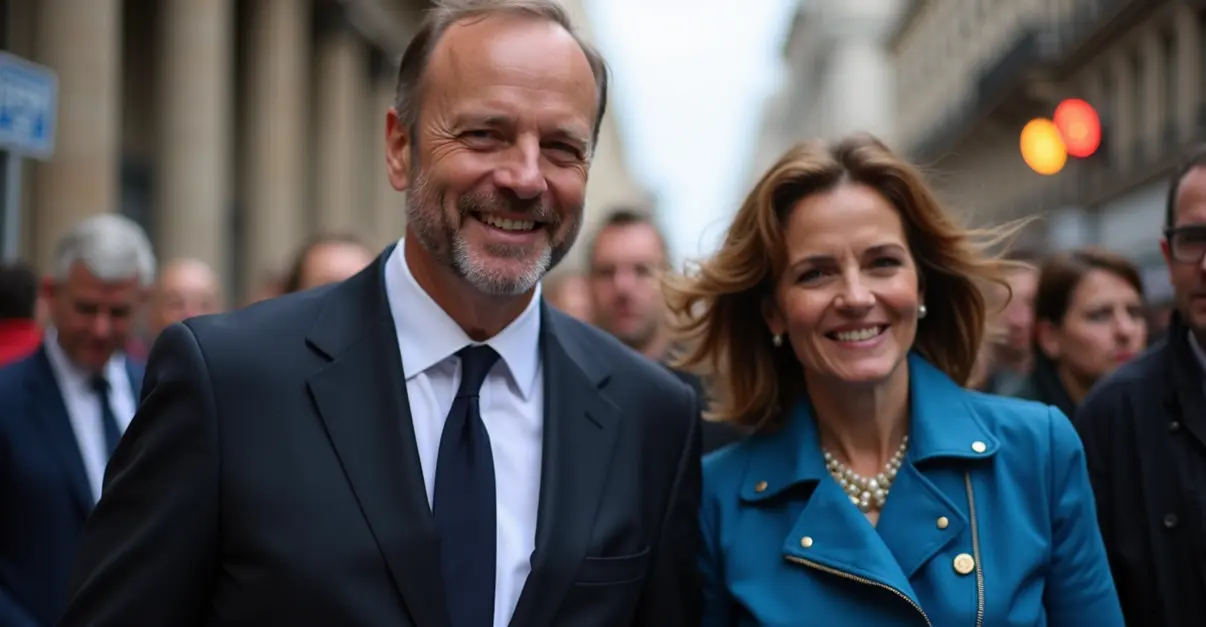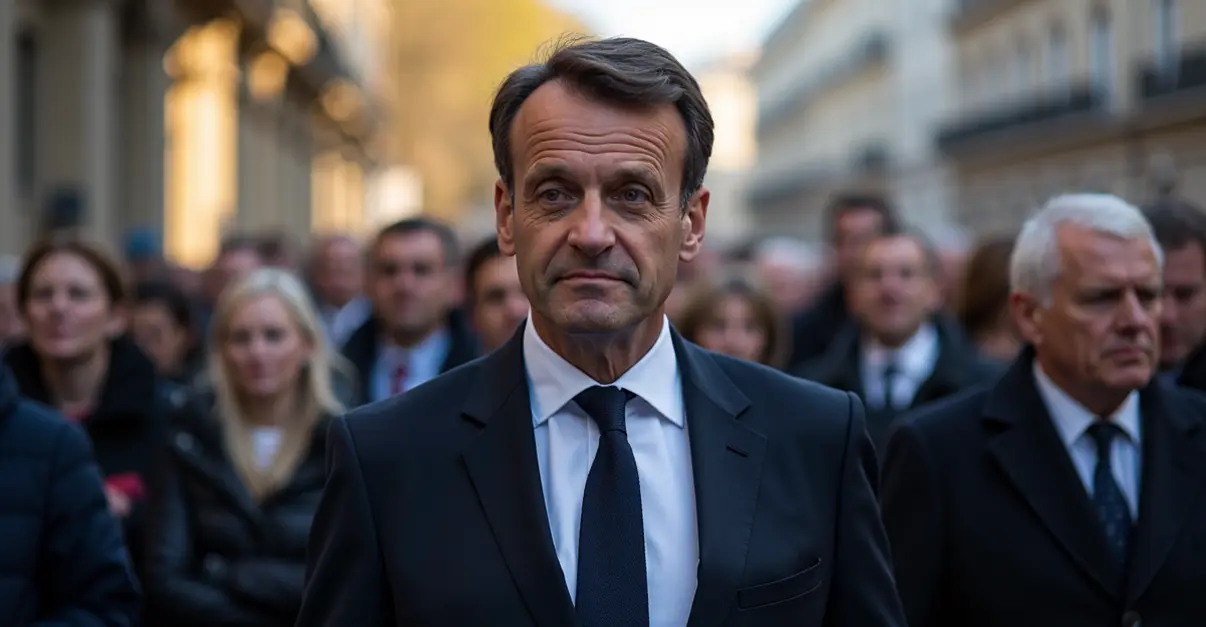France faces unprecedented political crisis with third PM resignation in 2025, threatening EU stability amid €3.35 trillion debt burden and market turmoil.

France's Deepening Political Crisis
France is facing its most severe political crisis in decades, with the country experiencing unprecedented political paralysis that threatens to destabilize the entire European Union. The crisis has reached a critical point with Prime Minister Sébastien Lecornu resigning after just 26 days in office, becoming the third French prime minister to leave since December 2024. 'This is the most serious institutional crisis since the founding of the Fifth Republic,' said political analyst Jean-Michel Fournier from the Sciences Po University.
Economic Consequences and Debt Burden
The political instability comes at a time when France faces staggering economic challenges. The country carries Europe's second-highest debt burden after Greece and Italy, with public debt reaching 116.5% of GDP in 2023. France spends approximately €67 billion annually just on interest payments for its €3.35 trillion sovereign debt. 'The situation is alarming because France is the eurozone's second-largest economy, and its stability is crucial for the entire European project,' warned economist Marie Dubois from Euronews Business.
Political Gridlock and Institutional Failure
The crisis stems from the June 2024 snap elections called by President Emmanuel Macron after his centrist party suffered losses in European Parliament elections. The legislative elections resulted in a hung parliament split into three ideologically opposed blocs: the left-wing New Popular Front (180 seats), Macron's centrist Ensemble alliance (159 seats), and the far-right National Rally (142 seats). This three-way split has created a political culture where compromise is nearly impossible. 'We have a parliament that cannot govern and a president who cannot find a stable government,' noted constitutional expert Pierre-Henri Prélot from the University of Paris.
Impact on European Markets
The political turmoil has already affected European financial markets. French government bond yields have climbed to 3.5%, with the 10-year OAT-Bund spread widening to 78 basis points as investor confidence erodes. For the first time since the euro's launch in 1999, French bonds are trading at higher spreads than Italy's. 'The markets are pricing in prolonged fiscal inaction and potential rating downgrades,' explained financial analyst Thomas Schmidt from AInvest.
EU-Wide Implications
The crisis has broader implications for the European Union. France's inability to implement necessary reforms threatens the stability of the eurozone and could trigger contagion across peripheral economies. The European Central Bank faces pressure to intervene but must balance market stabilization against maintaining credibility. 'France's political paralysis is not just a French problem - it's a European problem that could endanger the entire European project,' stated EU affairs specialist Clara Müller from the German Council on Foreign Relations.
Looking Ahead
With France having only weeks to present a credible budget and political stability unlikely until the 2027 presidential election, the country faces difficult choices. The government must navigate between cutting spending and raising taxes, with tax revenue already at 45.6% of GDP - the highest in the EU. 'France needs political stability to credibly tackle its deficits and play a strong role in the EU, but that stability seems increasingly elusive,' concluded political scientist Antoine Rousseau from the London School of Economics.

 Nederlands
Nederlands
 English
English
 Deutsch
Deutsch
 Français
Français
 Español
Español
 Português
Português









